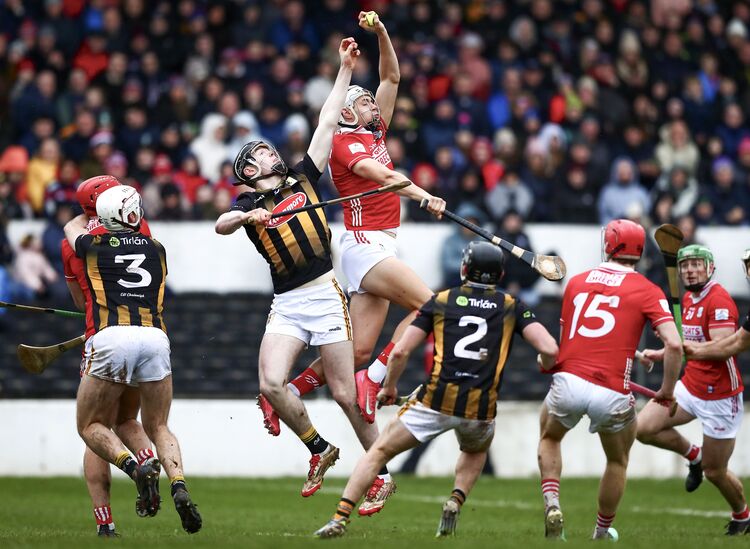BOOKS/Peter McDermott

Stieg Larsson, the late author of a trio of hits that has taken the publishing world by storm, was a serious investigator of neo-Nazis. So it's hardly surprising then that the far right crops up in his fiction.
A long-dead member of the family at the center of "The Girl with the Dragon Tattoo" belonged to a 1930s Swedish Nazi group known as the National Socialist Freedom League. His elderly brother comments in the early 21st century: "Isn't it fascinating how the Nazis always manage to adopt the word 'freedom'?"
Hitler and his NSDAP emerged on top from the alphabet soup of the German far right in the post-World War I-era aided by a dastardly cleverness that involved a certain degree of flexibility. So not only did they promote "freedom," they loved "socialism" too, though don't ever expect Glenn Beck to acknowledge the former.
There were certainly ultra-nationalists who sounded left leaning in aspects of their philosophy, concerned as they were about the general welfare of all "Aryan" people.
Hitler, for his part however, was never anything other than an unapologetic rightist, though he was persuaded of the usefulness of having "workers" and "socialist" in the party's title. In the Nazis' battle against Marxism - both of the pro-Moscow Communist Party and the more mainstream, constitutionally-inclined SPD - it did no harm to be seen as pro-worker. In reality, ultra-nationalists hated organized labor. And when Hitler assumed state power, leftist parties were banned and their leaders and activists herded into concentration camps. This little detail of history, as Jean-Marie Le Pen might term it, doesn't stop the likes of Chuck Morse -- author, host and Glenn Beck wannabe in Boston - referring to Karl Marx's "fellow socialist Adolf Hitler."
Yes, these loudmouth authors are modern-day snake-oil salesmen: they make a fast buck on the backs of people's stupidity and credulity. We can't really object to such a wonderful American tradition, can we? The main problem, though, is the way they dishonor the memory of the actual victims of and resistors to fascism.
Who do Beck, Morse and their ilk think stood up to the Nazis? It usually wasn't conservatives. Nor was it big business in Germany or indeed corporate America, both of which were quite happy with the Nazi approach to the economy.
Rather, it was liberals and the left. At the top governmental level in Britain for instance, Winston Churchill was largely dependent on the Labor Party in his move against the appeasers dominating his own Tory party. And historian Julian Jackson has written that General Charles de Gaulle "once observed that his earliest followers had been Jews and Socialists." That, surely, gives you some notion of who did the resisting on the ground.
Fighting stories
I was perhaps a bit hasty recently in consigning "Cork's Fighting Story 1916-21" and "Dublin's Fighting Story 1916-21" to the military history category, which isn't something that warms everyone's heart. Those two volumes on closer inspection seem to have rather more dimensions to them than implied and also an interesting provenance. The pieces in both were originally published in Christmas and special editions of the Kerryman newspaper before World War II, and published in collections between 1947 and 1949. The series editor, Brian Ó Conchuhair of Notre Dame, notes that the aim was to publish them cheaply, but the low production values meant that they didn't have a very long shelf life.
Some of the contributors are anonymous or pseudonymous; others are well-known and indeed prolific authors, particularly in the 434-page Dublin volume, which is introduced by the prominent historian Diarmaid Ferriter. Desmond Ryan, for instance, had written the critically well-received novel "Michael Collins and the Invisible Army" in the early 1930s. Piaras Béaslaí, who like Ryan knew Collins well and wrote an early biography of him, is included, too. However another of the Big Fellow's IRB comrades, Sean McGarry, does the hagiographical honors. As it happened, Canadian scholar Peter Hart, author of "Mick: The Real Michael Collins," wrote an excellent introduction to the Cork book. Sadly, Hart died on July 22 in a St. John's, Newfoundland, hospital following a brain hemorrhage. He was 46.









